'I was bullied at school, cycling filled a gap': Chris Boardman on his career and beyond, 30 years after his first Tour de France win
Legendary time trialist Chris Boardman tells Cycling Weekly about his first bike, copying Graeme Obree, and his passion for active travel
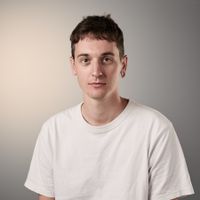
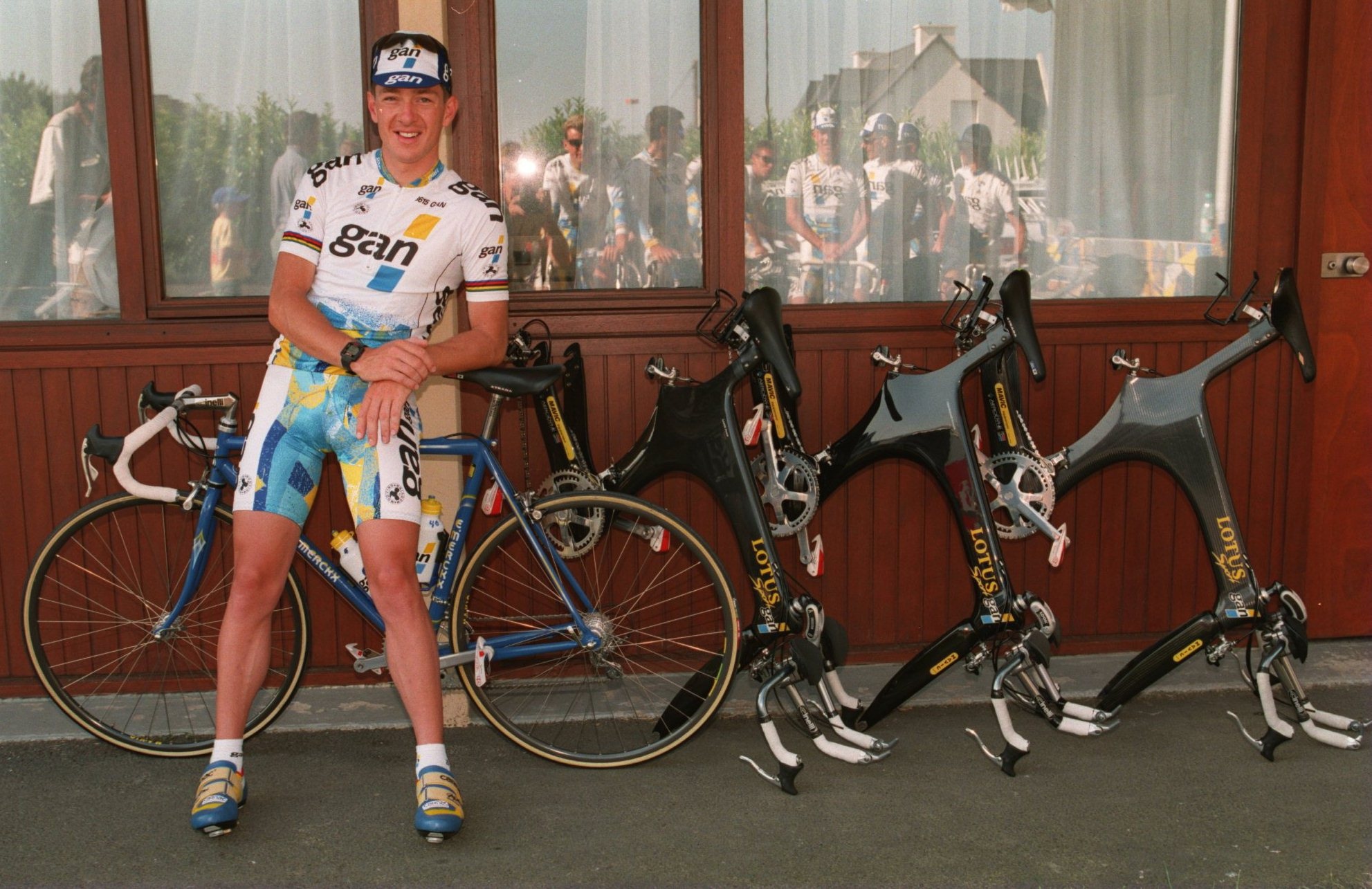
Chris Boardman is one of Great Britain's best ever cyclists, specialising in the time trial and individual pursuit. He's an Olympic gold medallist, a two-time world champion, and three-time holder of the Hour Record during his career. He also won three stages of the Tour de France, claiming the prologues in 1994, 1997 and 1998. Since retiring from professional cycling, Boardman has been a prominent cycling and walking advocate, and was appointed the National Active Travel Commissioner in 2022.
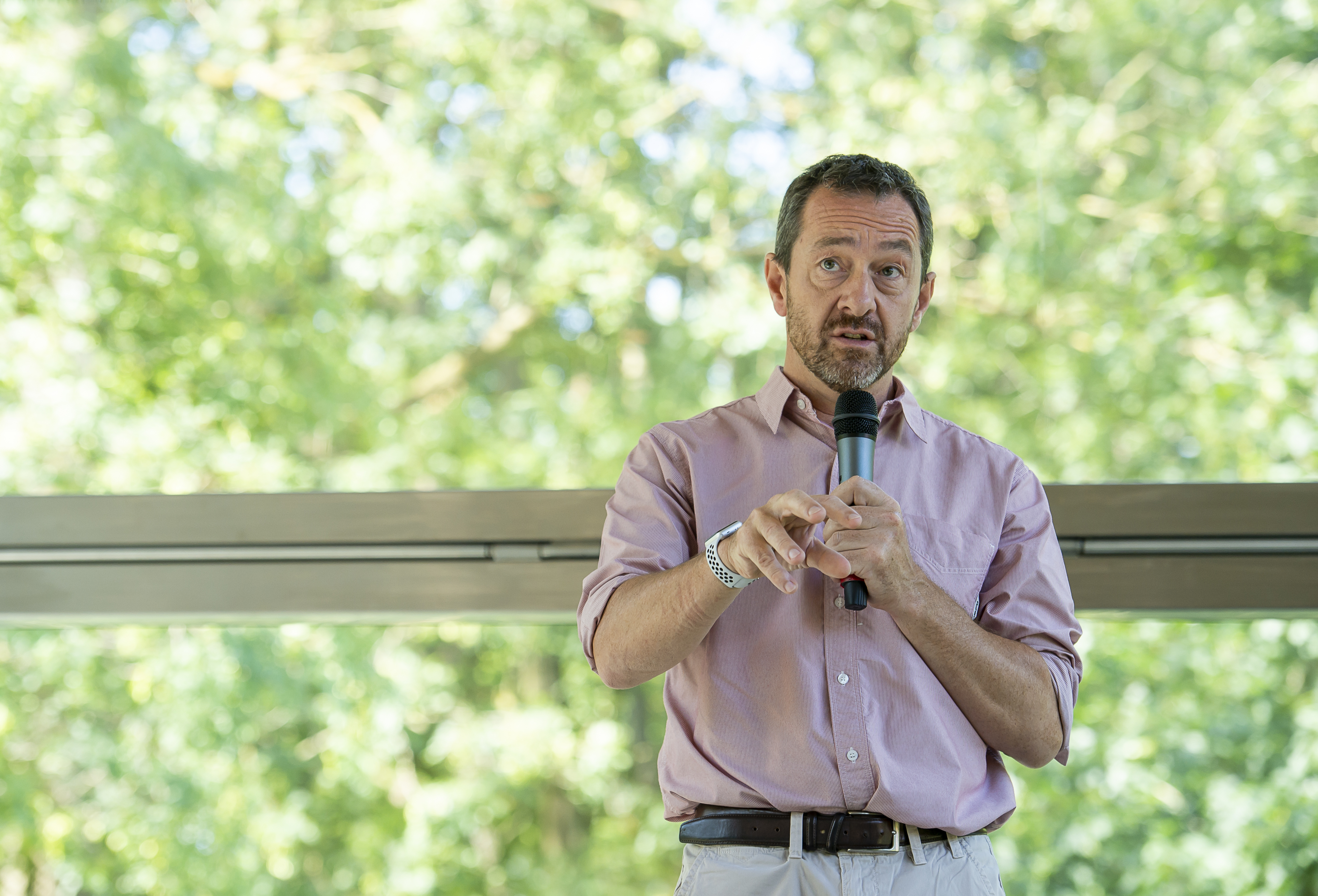
What was your first bike?
It was a Raleigh Chipper, with big, fat, white tyres. I used to bat around our cul-de-sac in Hoylake, where we used to live. Like everybody else, it was your first way to extend territory with your mates, and do stupid things that would probably get you injured in some way.
What was the first race you remember watching?
I followed cycling by default because it was my family's sport. I had a family of time trialists, and that's what we did. At five o'clock on a Sunday morning, we piled everyone into a minivan with a canoe and a bike strapped to the roof, then my dad would go and do whatever he did for an hour, we played, and then we'd go and do something as a family.
I didn't pay a great deal of attention to the sport until I was probably about 10. Then I realised my dad was quite good at it, and that felt quite cool. He was, by default, my first sporting hero. I used to go and stand by the results board so I could listen to people talk about my dad.
Did you have any other cycling heroes growing up?
The latest race content, interviews, features, reviews and expert buying guides, direct to your inbox!
A bit further on, the first one that really stuck in my mind was Greg Lemond. It was the fascination of the story, really, of the guy who changed the sport. You know, sunglasses, million-dollar contract, aero bars, pointy helmet. So much innovation that was led by one individual, that popularised it all. Then 20 years later, I ended up sharing a room with him [at GAN-Lemond].
You were known for being at the cutting edge of innovation during your career, like with the Lotus 108 and the superman position. Where did that interest come from?
I've always liked making things, be it out of wood, be it an article, a business. And I'm fascinated with making things better. With my own performance, I was really lucky to bump into Lotus in the early 90s, who put me in a wind tunnel, and then showed me the numbers changing when I did things, which was fascinating.
The second bit, which I think is really important to note, is I didn't innovate those positions. Graeme Obree did, and I copied him. He was the guy who had the courage of his convictions and said, 'I'm going to do something that is outside the norm, and people will ridicule me for it, but I'm still going to do it.' That was pretty amazing, so I copied him. I was an adopter, I wasn't a leader.
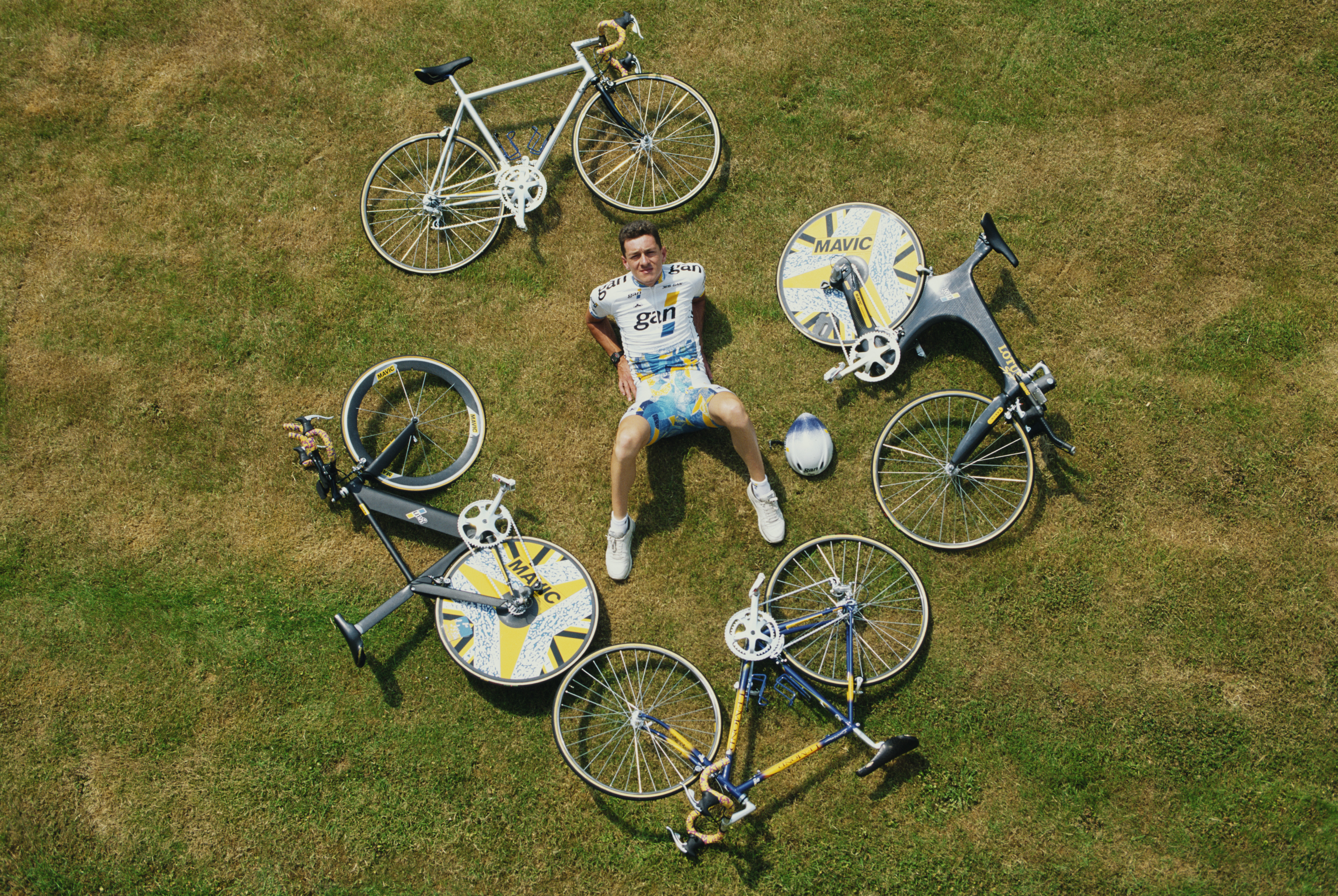
How did you get into time trialing?
I got into it through my family, really, and then, at 13, I quite fancied having a go at 'this thing'. We used to go out on a Thursday night to a local time trial and get chips on the way home. It was a nice family affair and eventually my parents relented and let me have a go.
I was initially ordinary. On the A4 piece of paper on the lamppost, my name was right down the bottom, at 29 minutes and something. The fascination for me at the time – I wasn't having a great time at school, I was quite bullied – was I went back next week and went better. It was something that belonged to me. My time against me. That led into beating another schoolboy, and suddenly that felt great. It filled a gap in my life that was needed.
What's the proudest moment of our career?
The bits that I'm most proud of came well after cycling. It's what the cycling career allowed me to do. My aim is to give every child in this country transport independence, and the freedom to stay at after school clubs or to travel as they wish. And we're on that path now. The work I've done in Greater Manchester allowed us to show what was possible, and so that's the bit I'm most proud of - that we got a whole city region to go, 'Yeah, we're going to be more cycling and walking.'
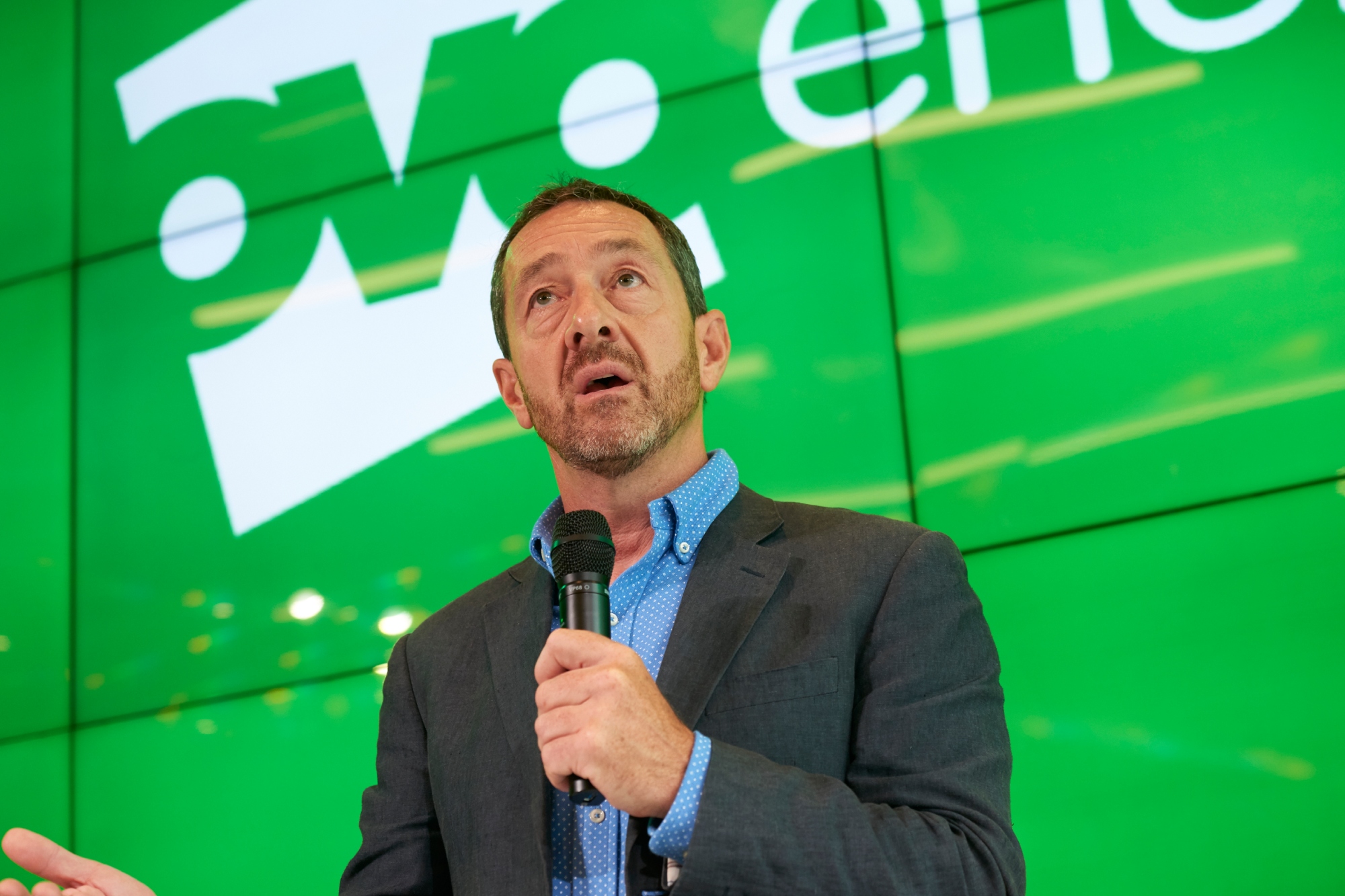
What was it that spurred you into active travel advocacy?
It was probably when I went on Newsnight in 2012, when we were at the Olympics and started winning stuff again. I was asked to go on and talk about cycling. It was a proper grown-up programme. I got some questions like, 'Shouldn't cyclists have road tax?', which was actually abolished in 1932, and it just really annoyed me. But at the same moment, in that same programme, I realised what an incredibly sturdy soapbox this was, and how powerful the potential answers were, that there isn't a crisis you can talk about that this won't make better.
Around about the same time, my daughter asked me to ride to the park, which was about 500m away, and I said no, and that made me angry. I didn't feel I could keep her safe. It was 573m to be precise, I measured it afterwards. I thought, 'Somebody should do something about this, so I will.'
This summer, you're planning to cycle to the Paris Olympics. Tell me about that...
Sport England's environmental strategy, which I'm bloody proud of actually, is £100 million worth of investment. As part of making that visible, very poignantly because of Paris and the Paris Accord – it's nearly the 10-year anniversary of the Paris Accord – we thought, 'What's the most sustainable way to get there? Let's cycle. Let's take some celebs with us, let's make some stops en route, do it with the BBC, and highlight some good stuff that's happening, to make sure that the people that are really making an effort with sustainability get some applause.'
Along the way, we want every sporting organisation in the country to sign a pledge, I think we call it the Going for Green Pledge, that basically says: 'We will do stuff.'
For more on the Pedal for Paris campaign, visit the Sport England website.
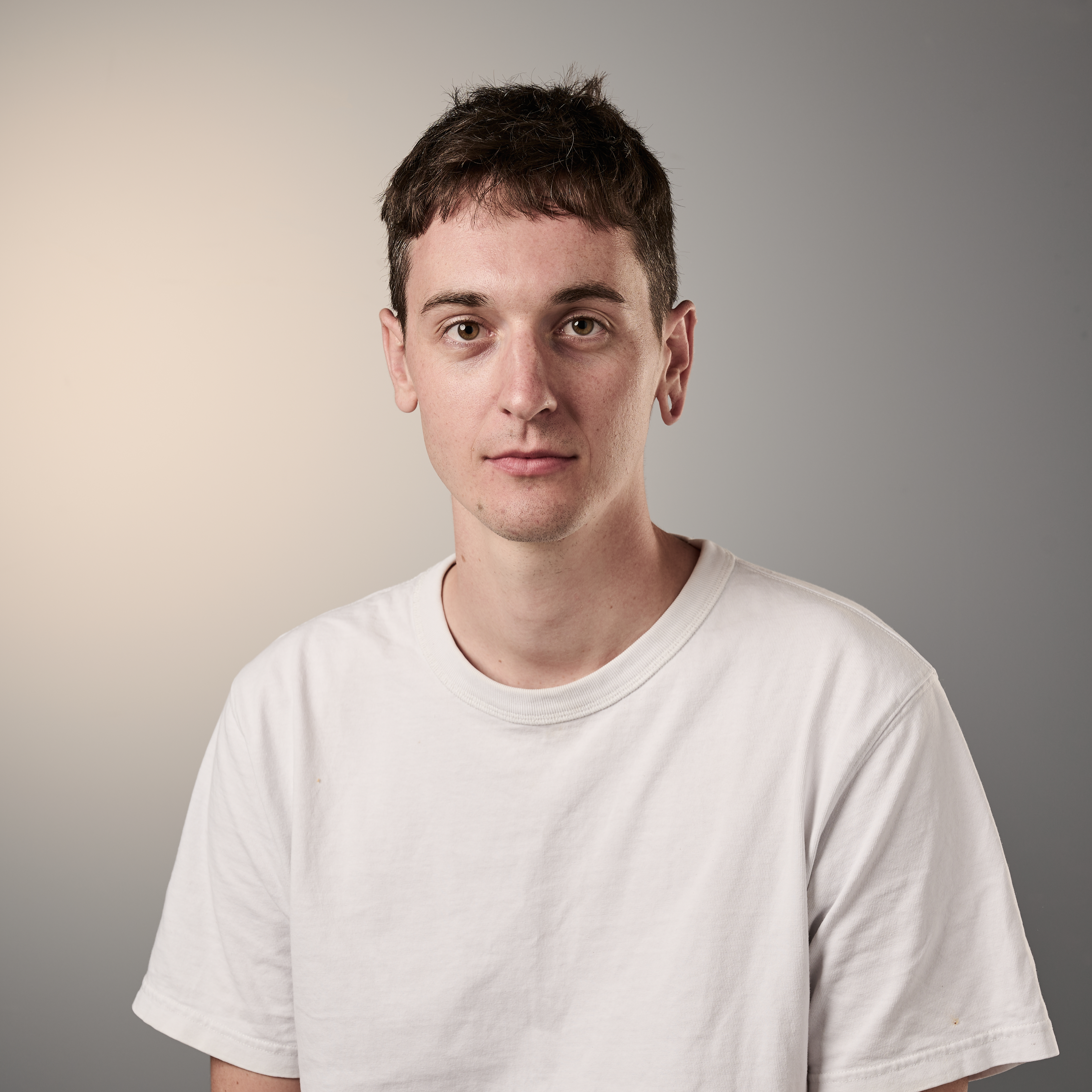
Tom joined Cycling Weekly as a news and features writer in the summer of 2022, having previously contributed as a freelancer. He is fluent in French and Spanish, and holds a master's degree in International Journalism. Since 2020, he has been the host of The TT Podcast, offering race analysis and rider interviews.
An enthusiastic cyclist himself, Tom likes it most when the road goes uphill, and actively seeks out double-figure gradients on his rides. His best result is 28th in a hill-climb competition, albeit out of 40 entrants.